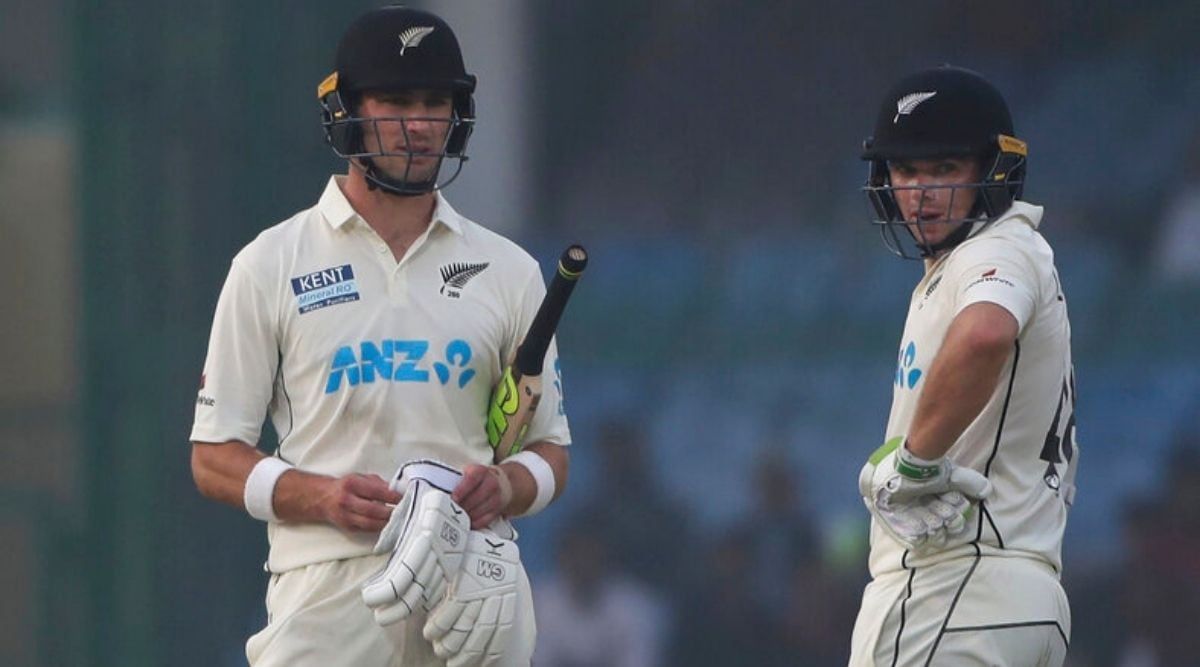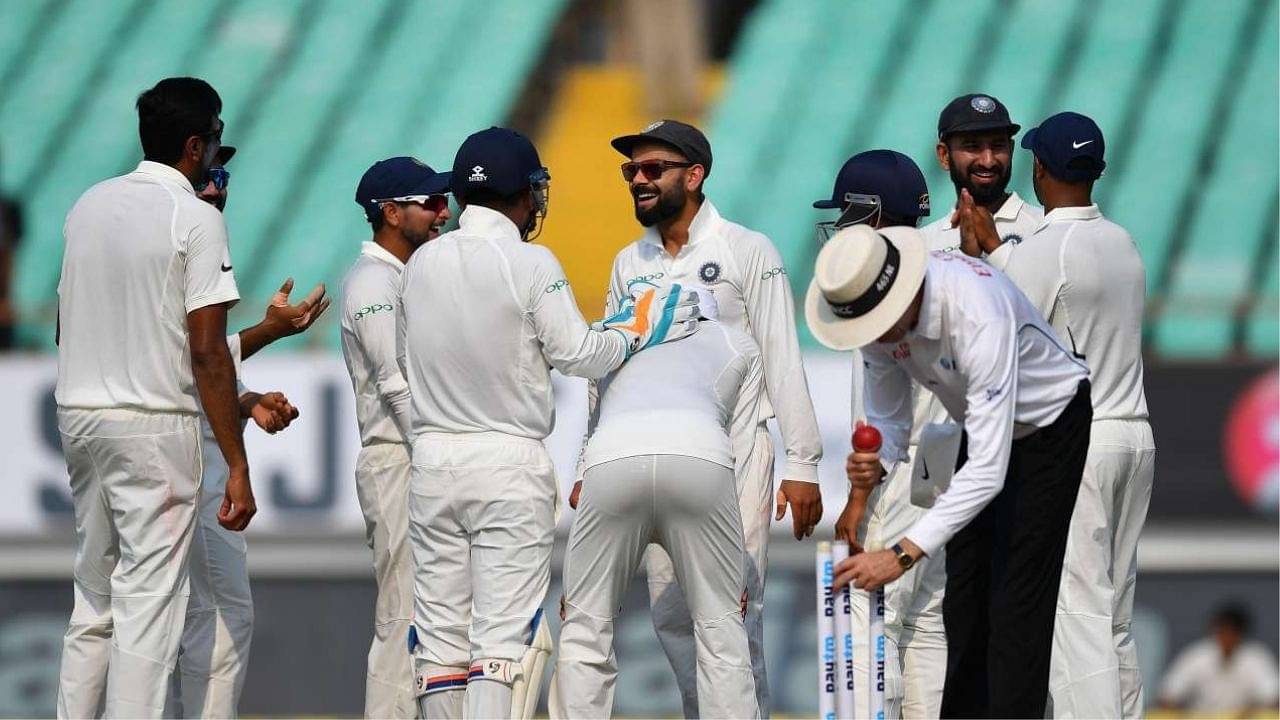
You will often find conversations at workplaces or social gatherings about the latest cricket match. Watching cricket matches in India is usually a family affair.

This happens when a bowler delivers a wide (an illegal delivery that is too high or wide) or no-ball (the bowler made some type of illegal delivery or a fielder made an illegal action).

If a batsman hits the ball to the perimeter of the field, their team is awarded six runs. Boundary: This is basically the equivalent of a home run in cricket.Double or triple singles are possible as well. A run is scored if they make it to the opposing side both batsmen must be aware of when this can be done on the field. Single: This is when a batsman makes a good shot that allows him to run to the opposite wicket.Here are the main methods to score a run in cricket. The goal for the fielding team is to dismiss 10 players to end the innings. Dismissal: This refers to the end of a batman's batting period, similar to an out in baseball.This is most commonly done when a batsman makes a run after making a good hit. Run: This is simply the unit of scoring in cricket.Their goal is to prevent the ball from hitting the wicket. A batsman will bat in front of the wicket to protect it. Wicket: This refers to the three stumps at the end of a pitch.Other match types will only have two innings with each team batting once. A test match has four innings with each team coming up to bat twice. Innings refer to the duration it takes for a team to bat. Innings: This is how a game is broken up.The remainder of the team will wait off of the field for their turn to bat. The striker will be taking pitches from the bowler while the other batsmen, the non-striker, will be at the other end of the pitch. The batting side begins by sending in the first two players in their batting order. Each team only faces 20 overs, so matches can end within three hours. Twenty20: This is the quickest match type.One-day match: As the name suggests, this type of match will only last a day.A test match will feature 90 overs an over refers to six bowls or pitches that a bowler (the guy throwing the ball) delivers. For reference, one innings (yes, that term is singular and plural) can last for roughly a day. Both teams will go through their batting lineup twice for a total of four innings. Test match: This is the longest match type it could potentially last up to five days.

#HOW TO TEST CRICKET SCORING WORK PROFESSIONAL#
There are three major types of cricket matches that you will see at the professional level.


 0 kommentar(er)
0 kommentar(er)
